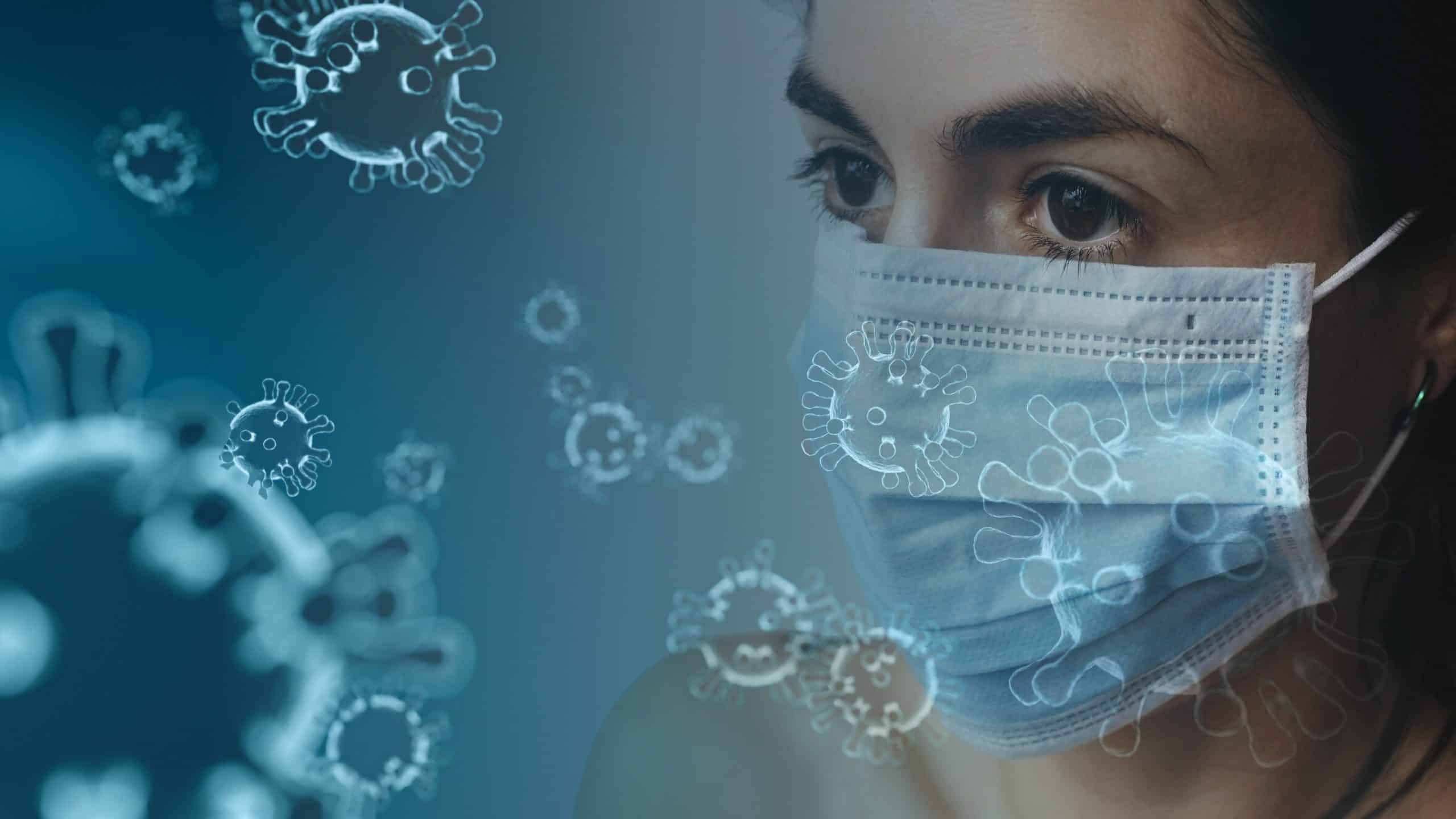How coronavirus has changed our lives
Some advice on staying healthy during this pandemic
The world has changed in the span of a few months. The outbreak of coronavirus started at the end of December in Wuhan, China, the epicentre of the pandemic. On March 11, the World Health Organization (WHO) declared the novel coronavirus (COVID-19) outbreak a pandemic. Numbers continue to rise daily as the virus spreads and countries fight to contain it.
According to WHO, a pandemic is defined as “the worldwide spread of a new disease.” An outbreak refers to an increased number of cases of a disease in a community, and an epidemic is a sudden outbreak of a disease in a geographic region.
Pandemics have always been a part of human history, with one of the first plagues being recorded in 165 A.D. The Black Death (Bubonic Plague) during the Middle Ages was particularly deadly, ravaging Europe and killing 200 million people. The Spanish Flu (1918) killed upwards of 50 million people, while the two most recent pandemics were the Swine Flu (2009), with more than 57,5000 deaths, and HIV/Aids (ongoing), with about 35 million deaths since the 1980s.
But with each pandemic, the world seems to come together to fight it. So much has been learned each time, such as how to properly quarantine/self-isolate, practice proper hygiene, utilize proper protective equipment (such as gloves, masks, and gowns), develop and use effective vaccines/medication, and ways to test for diseases. There is also now a unified World Health Organization (WHO) that helps to achieve the highest sustainable level of health for all people. They work together with governments, organizations, academic institutions, foundations, and agencies to help the public. WHO also offers advice for people on how to remain healthy and what to do if they begin to show symptoms.
According to WHO, COVID-19 is an infectious disease caused by the recently discovered coronavirus. It was an unknown disease before the outbreak began in Wuhan, China. Symptoms include fever, tiredness, dry cough, and shortness of breath, with some patients experiencing nasal congestion, runny nose, sore throat, diarrhea, and body aches. About one in six people infected will become seriously ill and develop difficulty breathing and pneumonia. Anyone with underlying medical problems is more likely to develop serious illness.
WHO warns that some people become infected but do not develop symptoms (asymptomatic). Knowing that some people are asymptomatic, it is best to practice proper hygiene, self-isolate when possible, and practice social distancing (cancelling events, working remotely, or staying at least six feet away from people). COVID-19 is spread through small droplets from the nose or the mouth, which are spread when an infected person coughs or exhales. The virus may also survive on surfaces for as long as several days. It is transferred to others when they touch the surface and then touch their eyes, nose, or mouth. So, be sure to wipe down surfaces with disinfectant.
It is also essential to practice proper hygiene. This includes washing your hands with soap and water for at least 20 seconds (sing Happy Birthday twice, or sing the chorus of Dolly Parton’s Jolene for reference) or rub them with an alcohol-based sanitizer.
Cough or sneeze into your elbow or a tissue (dispose of tissue immediately afterwards), avoid touching your face, stay home if you’re feeling unwell or are showing symptoms, and avoid large gatherings and known COVID-19 hot spots. It helps to stop the spread of infection.
Both Alberta Health and WHO warn that masks are helpful, but may create a false sense of security. For those who do not show any symptoms or are not taking care of someone currently infected with COVID-19, it is not recommended to wear a mask. According to the WHO website, there is a worldwide shortage of masks and they urge people to use them wisely. For those infected, wear a mask in order to help contain the spread of infection.
The Government of Alberta and the City of Edmonton have been proactive in keeping people aware of the situation and limiting the spread of infection.
It is good to have 14 days’ worth of supplies in case you are infected and need to quarantine. That said, do not hoard supplies. Others also need access to the same supplies and depriving others of the necessities can cause their situation to worsen.
As of now, there is no vaccine for COVID-19, though WHO is helping to coordinate efforts to develop vaccines and medicines.
For more information, visit:
alberta.ca/coronavirus-info-for-albertans.aspx
albertahealthservices.ca/topics/Page16944.aspx
worldometers.info/coronavirus/#repro
who.int/news-room/q-a-detail/q-a-coronaviruses
canada.ca/en/public-health/services/diseases/2019-novel-coronavirus-infection/symptoms.html
Featured Image: COVID-19 has quickly swept the globe. | Pixabay







